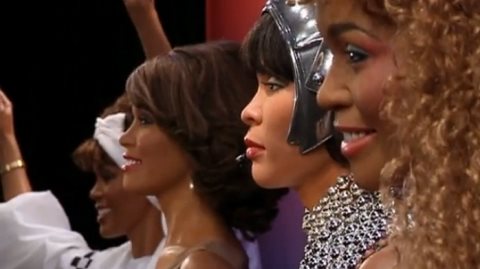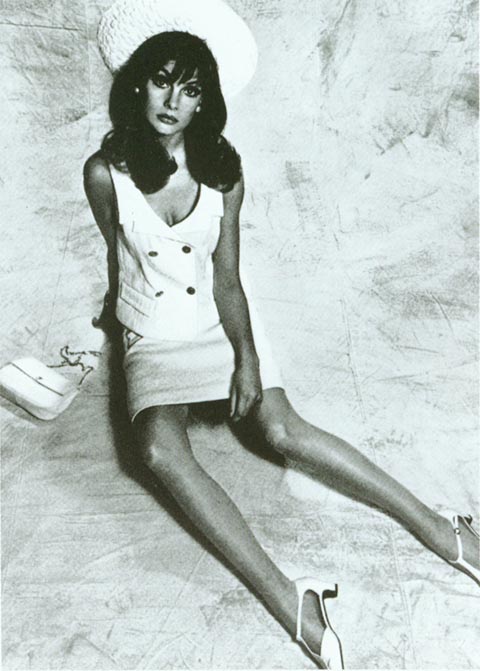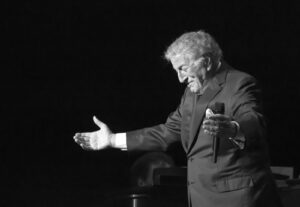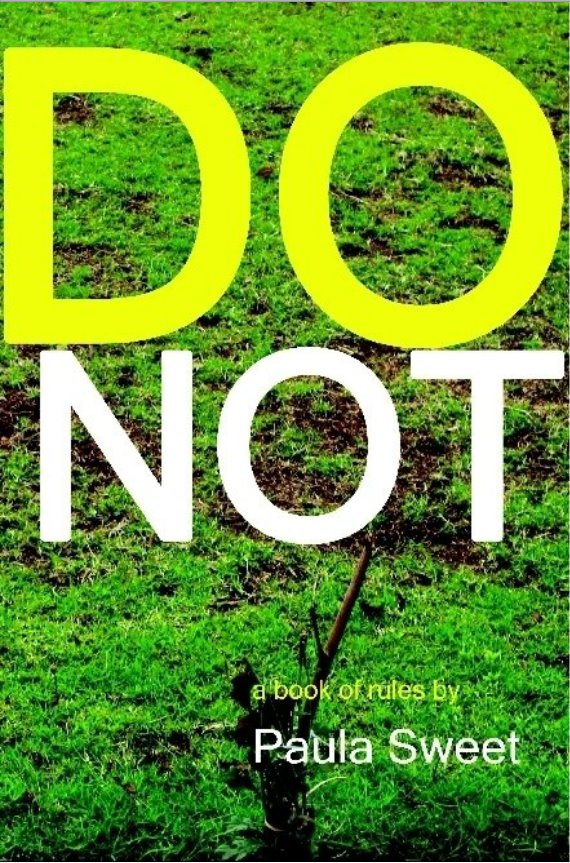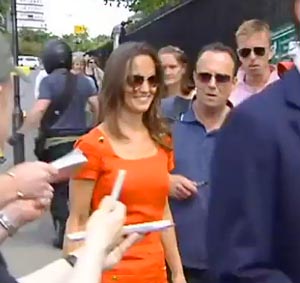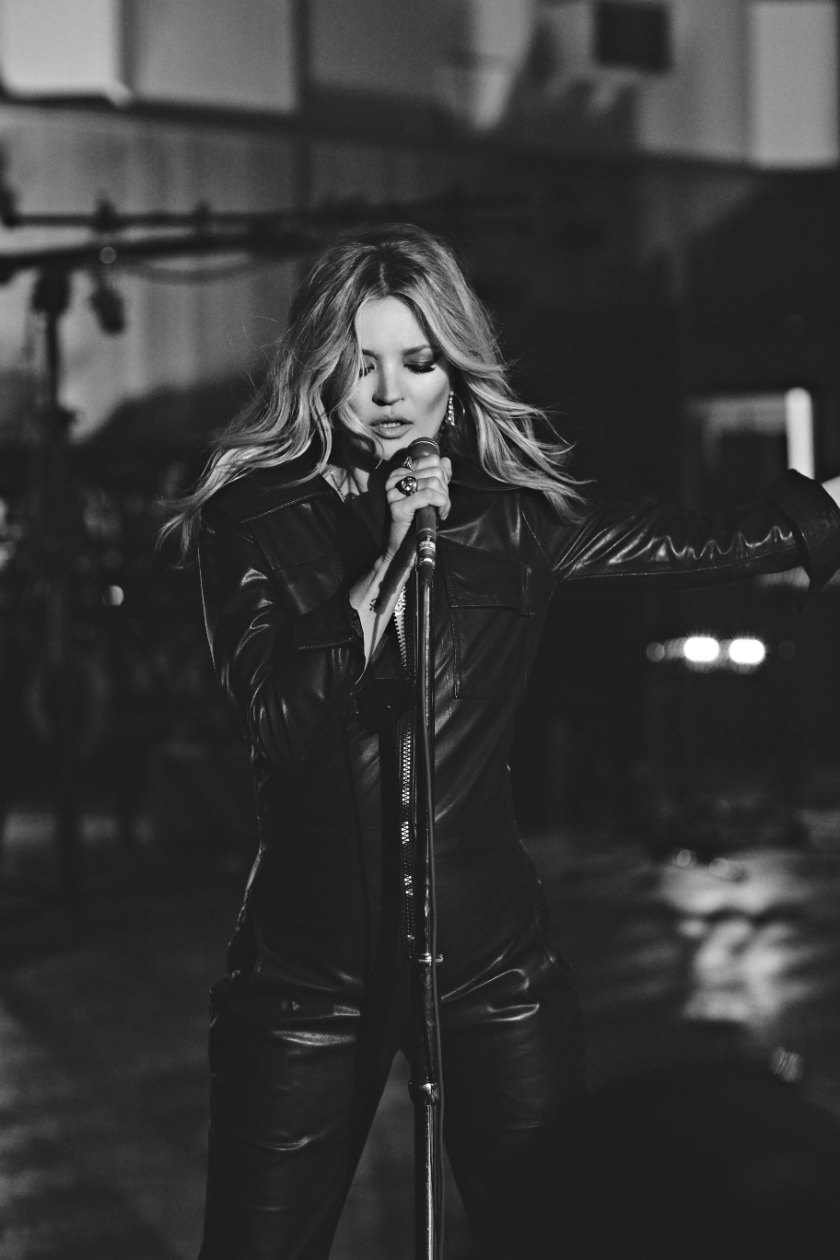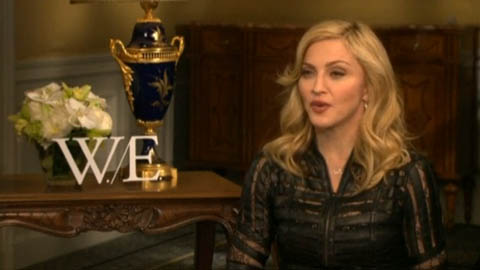Film score composer John Barry, OBE has died in New York of a heart attack, we have learned, aged 77.
Born John Barry Prendergast in 1933 in York, his father was an impresario who owned cinemas in the area. Barry once told the story of how, as a child, he went into the projection room, and saw a large black-and-white mouse on the screen. He soon learned how to operate the projector and it was, as he told it, in this environment that his love for music and film developed.
The young John Barry Prendergast took lessons from Dr Francis Jackson of York Minster and Bill Russo, who had arranged for Stan Kenton.
In the 1950s, after demobbing, he formed a band, the John Barry Seven, beginning with gigs around York, but gaining national fame. EMI were suitably impressed that he was hired to compose and arrange for other artists, as well as releasing the Seven’s own work. He met Adam Faith, and worked with him on numerous successful numbers, and when Faith was hired to lead in Beat Girl, Barry was asked to score the film, securing his break in the business that he wanted to be in.
After some more successes that showed Barry’s diversity and style, he was approached by United Artists Music to work on the score for Dr No, the first cinematic James Bond adventure. It was through the Bond films—Barry scored 11 of them, up to The Living Daylights in 1987—that the composer made his name and arguably gained his most of his fans, the writer included, but that would be overlooking some of his other achievements in cinema.
Barry is the man who came up with the tunes that many moviegoers know. He won Academy Awards for Born Free, The Lion in Winter, Out of Africa, and Dances with Wolves, and composed haunting and memorable themes for Somewhere in Time (for which Barry said he received more fan mail than for any other that he had composed), The Ipcress File, Midnight Cowboy, Body Heat, and the love song for On Her Majesty’s Secret Service, ‘We Have All the Time in the World’, the last to be performed by Louis Armstrong. He also won four Grammys, a Bafta and a Golden Globe.
Even his less celebrated scores had a lyrical style, not always complemented by the rich orchestra that typified some of Barry’s scores of the 1970s and 1980s. The simplicity of The Glass Menagerie featured Barry himself on the piano, while the opening themes for Jagged Edge and Indecent Proposal worked because of their beauty; in contrast, the grand orchestra, with nautical images floating through one’s mind, for Lew Grade’s Raise the Titanic outdid the film itself in so many respects. The score for the King Kong remake of 1976, too, is more sophisticated than the movie; one could level the same judgement at Barry’s score for The Specialist, the Sylvester Stallone starrer where the score lent emotional depth where certain actors failed to convey it.
Barry’s output in the 1980s remained prolific, though a serious illness (a hole in the æsophagus) saw to a forced absence at the end of the decade. Barry’s final score up to that point, Masquerade, complemented a very young Kim Cattrall; the opening yacht race had another sweeping nautical style, while the haunting end theme could easily have had lyrics.
His comeback for Dances with Wolves netted Barry another Oscar, though the number of soundtracks began to fall. Barry was a composer who worked on his own terms, quite happy to walk away from films when there was friction (Barbra Streisand and The Prince of Tides being one such failed collaboration, though the theme turned up elsewhere in Barry’s recordings). Chaplin was one of his more memorable works in the ’90s, while Playing by Heart played tribute to some of Barry’s own jazz heroes.
His last score was for the World War II drama, Enigma, though Barry created a few albums toward the end of his career not tied to films. He performed on stage on several occasions, delighting fans, but for most of the 2000s, hopes of another Barry-scored movie dimmed.
His career was one of those that many would be jealous to have: a man who set out to do what he wanted, accomplished his goals and achieved the highest accolades, and he could live in one of his four homes, including his best known one in Oyster Bay, in relative anonymity. It was largely controversy-free, though there was some debate as to whether Barry composed ‘The James Bond Theme’, credited to Monty Norman.
A lawsuit against the Murdoch Press for suggesting it was not the credited composer saw the judgement come out in favour of Norman, while Barry typically evaded the question, usually answering: ‘If I didn’t write it, why did they ask me to do the other ones?’
David Arnold, the composer who presently scores the Bond films, credits Barry for the Bond sound, from where, he says, the terms Barryesque and Bondesque come. Prior to taking over the scoring duties, Arnold called Barry ‘The Guv’nor’ in his Shaken and Stirred album; and it was Arnold who offered one of the first obituaries today in statements on Twitter: ‘it was with a heavy heart that i tell you John Barry passed away this morning’; ‘I am profoundly saddened by the news but profoundly thankful for everything he did for music and for me personally.’
Barry was awarded the OBE in 1999. He was married four times, including one marriage to French actress Jane Birkin. He is survived by his wife Laurie, four children, and five grandchildren.—Jack Yan, Publisher
Armani Exchange previews spring 2011 campaign
Nine d’Urso, daughter of Inès de la Fressange, to be face of Bottega Veneta

